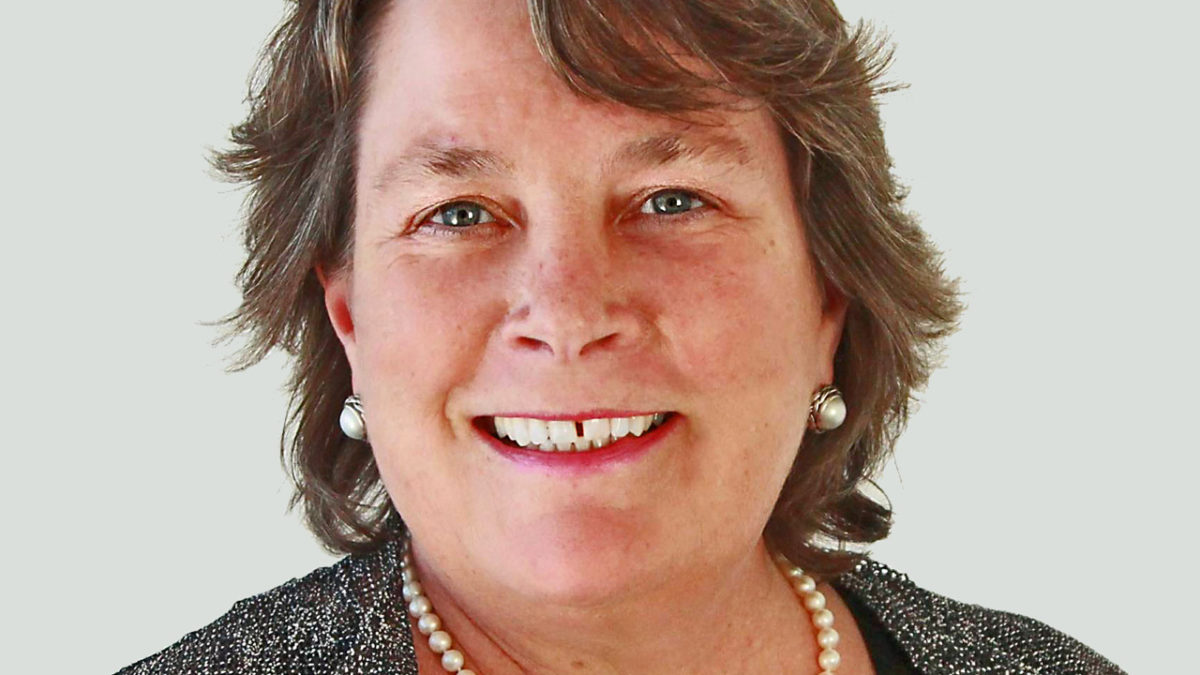NZ Super goes up the alternatives spectrum, cuts Israeli banks, dampens return expectations, changes guard
While the US$50 million Citadel move was revealed last December, the latest external manager update shows US niche private equity firm, Grain, is now also on the NZS roster.
Grain Management, founded in 2007 by David Grain, specialises in the communications infrastructure market, investing across several sub-sectors such as fibre, satellites, cell towers and “spectrum”. NZS has allocated to the Grain “opportunistic spectrum” strategy.
According to the Grain website, the manager partners “with the country’s leading academic institutions, endowments, foundations, and public pension plans to deploy capital across four institutional funds and two co-investment vehicles”.
Meanwhile, the NZS confirmed it had invested in the Citadel Kensington II multi-strategy hedge fund, adding to a global macro exposure that includes allocations to two other US managers, Bridgewater and Two Sigma.
Citadel, headed by US hedge fund luminary, Ken Griffin, was caught up in the recent GameStop controversy due to its equity holding in the ‘fee free’ share-trading platform, Robinhood.
Critics, including US senator Elizabeth Warren, pressured Citadel on potential conflicts of interest linked to ‘payments for order flow’ to Robinhood that could have influenced trading halts in GameStop and other volatile stocks in January. Citadel and Robinhood have both rejected claims of undue influence by the hedge fund manager.
The Citadel Kensington fund invests across all of the manager’s strategies with a “primary focus on liquid markets such as fundamental and systematic equities, as well as global macro rates and currencies”, according to rating firm KBRA.
At the same time, NZS confirmed it had cut BlackRock from a global equities multi-factor mandate with the job now split between AQR, Northern Trust and Robeco (although the latter does not yet appear on the official list of external managers).
Among a deluge of data dropped last week, the NZS also revealed a move to add five Israeli banks to its register of excluded investments after ruling the institutions were “active and direct partners” in developing Jewish settlements in the ‘occupied Palestinian territories’ (OPT).
The NZS decision says the five institutions – First International Bank of Israel, Israel Discount Bank, Bank Hapoalim, Bank Leumi and Bank Mizrahi-Tefahot – represent a responsible investment risk given their involvement in the OPT settlements, a practice deemed illegal by the United Nations.
Excluding companies based on exposure to OPT activities was “still rare amongst large institutional investment funds”, the NZS says, citing just a handful of European funds that had done so to date.
“Institutional investors may face reputational risks from both holding, or from excluding, companies involved in some way on the politically divisive issue of Israel and Palestine,” the NZS says. “Response to our own decision to exclude in the past has been mixed…”
And in her final outing as chair of the NZS Guardians, Catherine Savage, told a parliamentary select committee last week that the now $54 billion fund would remain “strongly weighted to growth assets” over the long term.
While the NZS had “enjoyed strong returns from equities” in recent years, the select committee presentation says the fund was “seeing fewer attractive investment opportunities” in the low interest rate era.
“We are taking less active risk in the short-term, which means we expect less value-add, all other things being equal,” the NZS says. “This means the returns we expect from the Fund’s portfolio over the next few years are lower than what they would normally be.”
Savage concludes her 10-year tenure on the NZS board at the end of March with successor, Catherine Drayton, to pick up the chair job as at April 1.
The Christchurch-based Drayton, a professional director with global corporate mergers and acquisitions experience, was first appointed to the Guardians in 2018.
Late in February, Kirsty McTaggart, joined the NZS board for the traditional five-year term. McTaggart has worked extensively in the global investment industry, including serving as Asia Pacific head of equity capital markets for fund giant Fidelity for 13 years ending in 2018. Previously, she was at Citigroup for 11 years in managing director roles in Europe and Asia.











